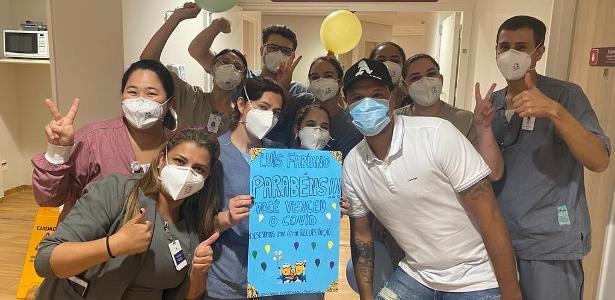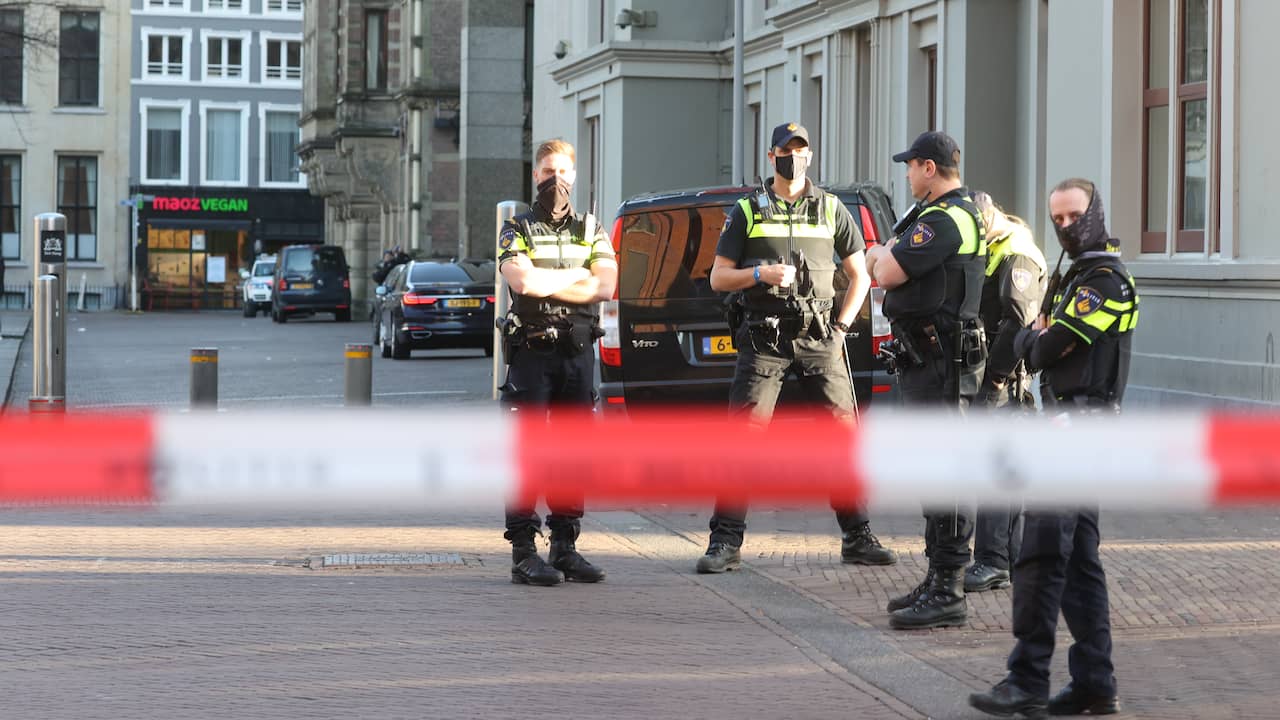–

–
Krefeld. Hospital chaplain Ekkehard Rüdiger is retiring, but will remain on the ethics committee of Helios Klinikum Krefeld.
As a competent companion and confidante for patients, relatives and employees, Ekkehard Rüdiger has experienced eventful times in almost three decades at the Krefeld Clinic. Now the Catholic hospital chaplain has retired after 27 years, but the 64-year-old will remain at the clinic as an employee of the ethics committee and clinical ethics advisor.
When he started his first service in 1993, he was called to see someone who was dying. “I was 37 years old at the time, had no idea about the task and had never seen a dead person. That was the famous jump into the deep end. The only thing I knew was that I had the ability to approach people and listen. Since then I have accompanied many people at the clinic in their last phase of life, ”remembers Rüdiger. He remembered a woman in particular who wanted nothing to do with him because she rejected the church as an institution. “Somehow we got into a conversation. A few hours before she died, she surprised me by asking if she could squeeze me. When I bent down to her, despite her weakness, she hugged me very tightly and said: “You are a godsend.”
Precisely such reactions have encouraged him in his actions: “That was not a job. My life depends on it, my complete conviction. This position was a fortune, because my work has always filled me with strength and joy ”, says the father of three grown children.
In fact, few colleagues choose to work in hospital chaplaincy. Many prefer to stay in the community. Rüdiger himself noticed while working with children and young people that at some point he would become a ‘professional youth’. He was looking for a new, different field of work in the hospital, in which his listening and accompanying skills were equally in demand. “In a twelve-week training course, I specialized in clinical pastoral care, in which I learned the hospital system theoretically. In practice, I received continuous supervision to reflect on what touches me and what leaves me cold and why. ”For Ekkehard Rüdiger, these are very important prerequisites for hospital pastoral care in order to be able to deal professionally with people in special situations. “I consider modern hospital pastoral care, which accompanies people outside of medical and nursing activities, to be indispensable. We are the external support, to whom patients can sometimes open up in completely different ways, with whom they speak more openly about their fears. ”What is surprising: Faith rarely plays a role in patient discussions. But in almost all situations, when the end of life is approaching, doubts are expressed and the religious takes on a dimension. “For me personally, belief plays a big role. Otherwise I couldn’t stand the suffering and death at all. But: I am not a missionary, ”emphasizes the Catholic.
In addition, he was also active in emergency pastoral care and was contacted by the police or fire brigade in emergency situations – day or night – in order to accompany the bereaved of suicides, for example.
In addition to his daily pastoral work, he was increasingly confronted with ethical questions. Over the years, doctors and nurses have sought his advice more and more frequently when it comes to ethical or moral decisions. “I felt that I was reaching my limits and that I had to qualify in this area. So I studied medical ethics with the philosophers, not the doctors. I needed the look as a humanities scholar. After completing my studies, I raised awareness of the topic and promoted the advantages of ethics advice. ”In 2007, he founded the Clinical Ethics Committee together with Prof. Elmar Berendes, chief physician at the Clinic for Anesthesiology and Operative Intensive Care Medicine. As a body, it has been advising not only doctors and nurses, but also relatives, on ethical issues in the context of case discussions. Rüdiger, meanwhile “clinical ethics advisor”, established the advice of the management on ethical questions at the Helios Klinikum Krefeld, coordinated the case consultations and trained colleagues. Under his leadership, the Krefeld Ethics Days came into being, which for ten years have repeatedly stimulated important discussions in the field of tension between medicine and ethics with prominent guest speakers.
As an employee of the Aachen diocese, Ekkehard Rüdiger also helped establish ethics counseling at other hospitals.
A busy mind like Ekkehard Rüdiger does not simply retire: it was only in January that he introduced ethics visits to the operative intensive care unit. It is important to him to recognize ethical situations in the team at an early stage and to discuss them openly.
In his private life, Ekkehard Rüdiger works on a voluntary basis in a museum that looks after the estate of a Duisburg artist whom he accompanied while he died many years ago.
–


